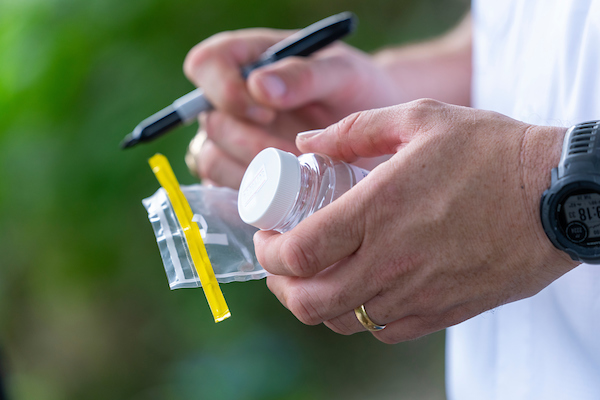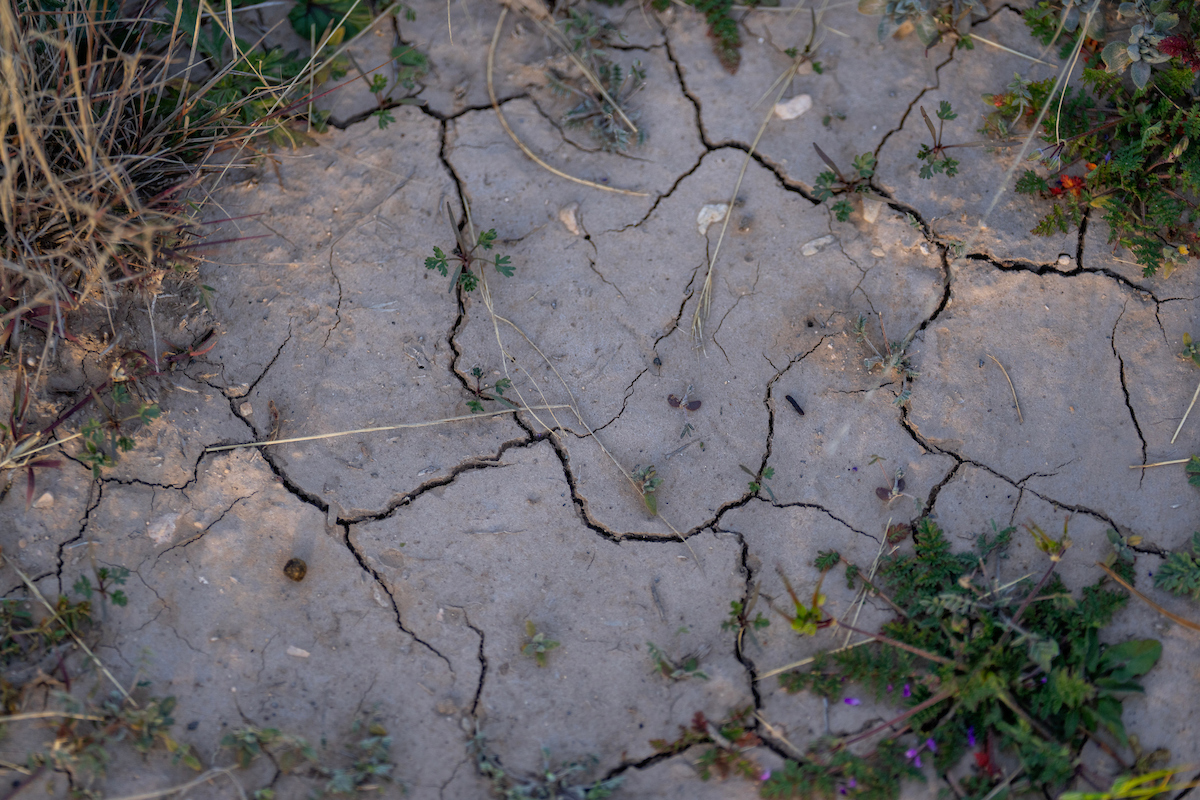Private well water screenings in Barton Springs Edwards Aquifer area set for July 10, July 11 in Austin
Samples will be screened for contaminants and salinity
The Texas Well Owner Network will host two well water screenings, July 10 and July 11 in Austin for residents in the Barton Springs Edwards Aquifer Conservation District.

Water sample drop-off is from 8:30-10:30 a.m. on July 10 at the conservation district office, 1124 Regal Row, Austin. The follow-up meeting will be from 10-11 a.m. on July 11 at the same location.
The screenings are free, and samples will be tested for contaminants including total coliform bacteria, E. coli, nitrate-nitrogen and salinity.
“The TWON program was established to help well owners become familiar with Texas groundwater resources, septic system maintenance, well maintenance and construction, and water quality and treatment,” said Joel Pigg, Texas A&M AgriLife Extension Service program specialist, Bryan-College Station. “It allows them to learn more about how to improve and protect their community water resources.”
Private well water contaminants concerns
The presence of E. coli bacteria in water indicates waste from humans or warm-blooded animals may have contaminated the water. Water contaminated with E. coli is more likely to also have pathogens that can cause diarrhea, cramps, nausea or other symptoms.
The presence of nitrate-nitrogen in well water is also a concern and water with levels of 10 parts per million is considered unsafe for human consumption, he said.
“These nitrate levels above 10 parts per million can disrupt the ability of blood to carry oxygen throughout the body, resulting in a condition called methemoglobinemia,” Pigg said. “Infants less than 6 months of age are most susceptible to this.”
Also, water with high levels of salinity may leave deposits, have a salty taste, and damage soil or plants if used for irrigation.
Sampling instructions
Residents should pick up sample bags, bottles and instructions from the local AgriLife Extension office before the date of the event.
“It is very important that only sampling bags and bottles be used, and all instructions for proper sampling are followed to ensure accurate results,” Pigg said.
Wells should be tested annually, and Pigg said it is essential for residents submitting samples to attend the appropriate follow-up meeting to receive results, learn corrective measures for identified problems, and improve their understanding of private well management.
Funding for TWON is through a Clean Water Act Section 319(h) nonpoint source grant provided by the Texas State Soil and Water Conservation Board and the U.S. Environmental Protection Agency. The project is managed by the Texas Water Resources Institute, a unit of Texas A&M AgriLife Research that brings together expertise from across The Texas A&M University System.
Learn more about the program at twon.tamu.edu. For more information on the water screening, contact Pigg at 979-321-5946 or [email protected].




